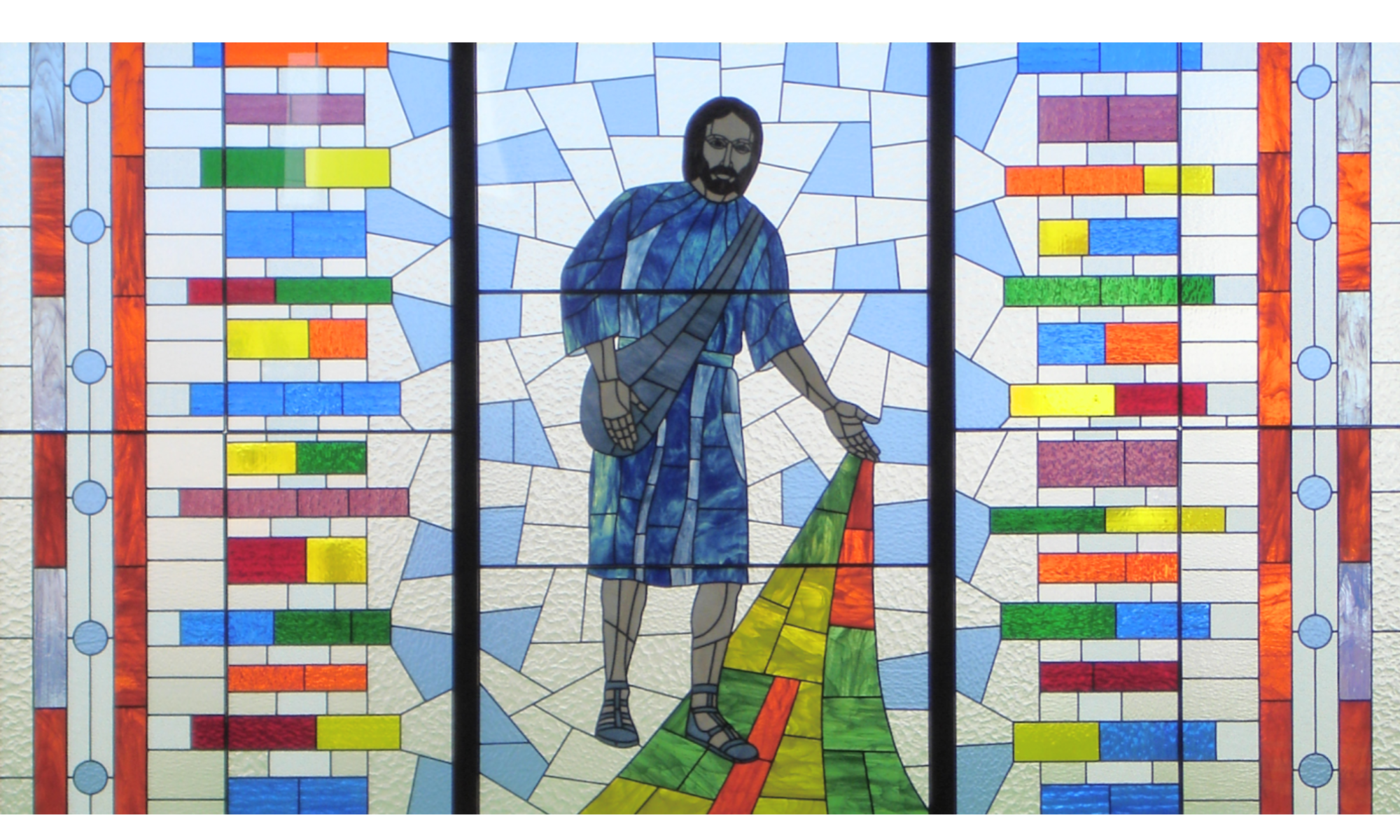Semănătorul (The Sower)
April 2023, Volume 3, Number 2
Exploring biblical and logical foundations for establishing a rigorous compatibility between divine sovereignty and human freedom
Dr. Călin Ioan Taloș
ABSRTACT
Throughout the history of Christian theology, the antinomy between, on the one hand, the divine will expressed through foreknowledge and predestination and, on the other hand, the human will expressed through limited knowledge and free choice, has been perpetuated. Since both of these wills claim their presence in the immanent order of everyday reality and the divine will is essentially sovereign, then to what extent does man have free will or freedom of choice? The answer to this question has divided theologians into different groups and theological rationalities. Some have brought to the fore the theory of predestination and the sovereignty of God, and others have invoked the compatibility of foreknowledge and human free will, developing theories that
highlight human freedom.
In this article, I will highlight two compatibilist theories, that of John Calvin and that of Luis de Molina. At the same time, I will show that, according to the fundamental principles of logic, contradiction and the excluded middle, Calvinism denotes a high view of God’s sovereignty and a low view of human liberty, whereas Molinism, a high view of creaturely freedom, but a low view of God’s sovereignty. Finally, I will propose, based on the biblical texts and the logic of included middle, evoked by the Romanian-French physicist, Basarab Nicolescu, the exploration of a rationality that gives rise to a high view of God’s sovereignty, as well as a high view of human freedom, creating the premise for the elaboration of a rigorous compatibilism.
KEY WORDS: Calvinism, Molinism, predestination, free will, included middle,
sovereignty.
